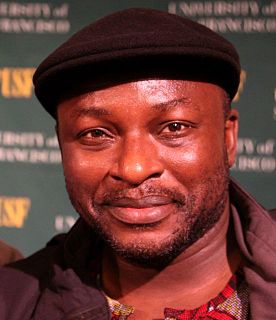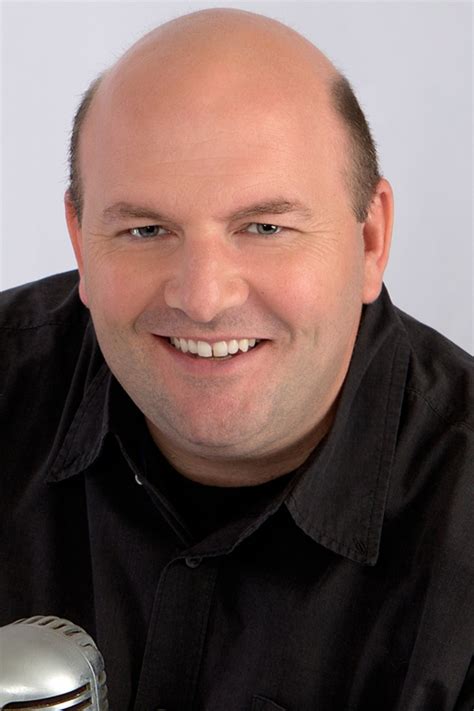A Quote by Lawrence M. Krauss
My area of research is something that in all fairness has no practical usability whatsoever and the thing is I'm often asked to apologize for that. It is interesting to me that people ask 'what's the point of doing that if it's not useful?' But they never ask that, or do they very rarely ask that about art or literature or music. Those things are not gonna produce a better toaster.
Related Quotes
When you ask for happiness and a beautiful life, ask not just for you, but for everyone. When you ask for something better, ask not just for you, but for everyone. By all means ask for abundance and health for you, but also ask for it to be given to everyone. Can you imagine what would happen if six billion people asked for these things for you?
Ask not of me, love, what is love?
Ask what is good of God above;
Ask of the great sun what is light;
Ask what is darkness of the night;
Ask sin of what may be forgiven;
Ask what is happiness of heaven;
Ask what is folly of the crowd;
Ask what is fashion of the shroud;
Ask what is sweetness of thy kiss;
Ask of thyself what beauty is.
People are always asking, "Is this person in front of me the same on the inside as he or she appears to be on the outside? Is there congruence between what's within that person and the words and actions I'm viewing and hearing externally?" Children ask that about their parents; students ask it about their teachers; parishioners ask it about their pastors and priests; employees ask it about their bosses; and in a democracy, citizens ask it about their political leaders.
People always ask us women about how we balance our lives. Rarely do they ever ask men this but we are asked this and it makes a lot of sense - balance, right? It sounds right. And of course you do have to balance because otherwise you'd go crazy. And you do have to find ways of doing things in a sensible manner, raising children and all those choices. But then there's a part of creativity which is irrational and which is obsessive and then that's also part of what we do. So, I don't think that's a bad thing. I think that's part of what makes someone good.
As women, we feel we can't ask for things. There's been a lot of research done recently and, more often than not, if a woman goes in to ask for a raise, she'll get it. But she's thinking, 'Do I deserve it? I've got to give a list of why I deserve it.' Whereas a man will just go in and ask for a raise. It's so scary.





































